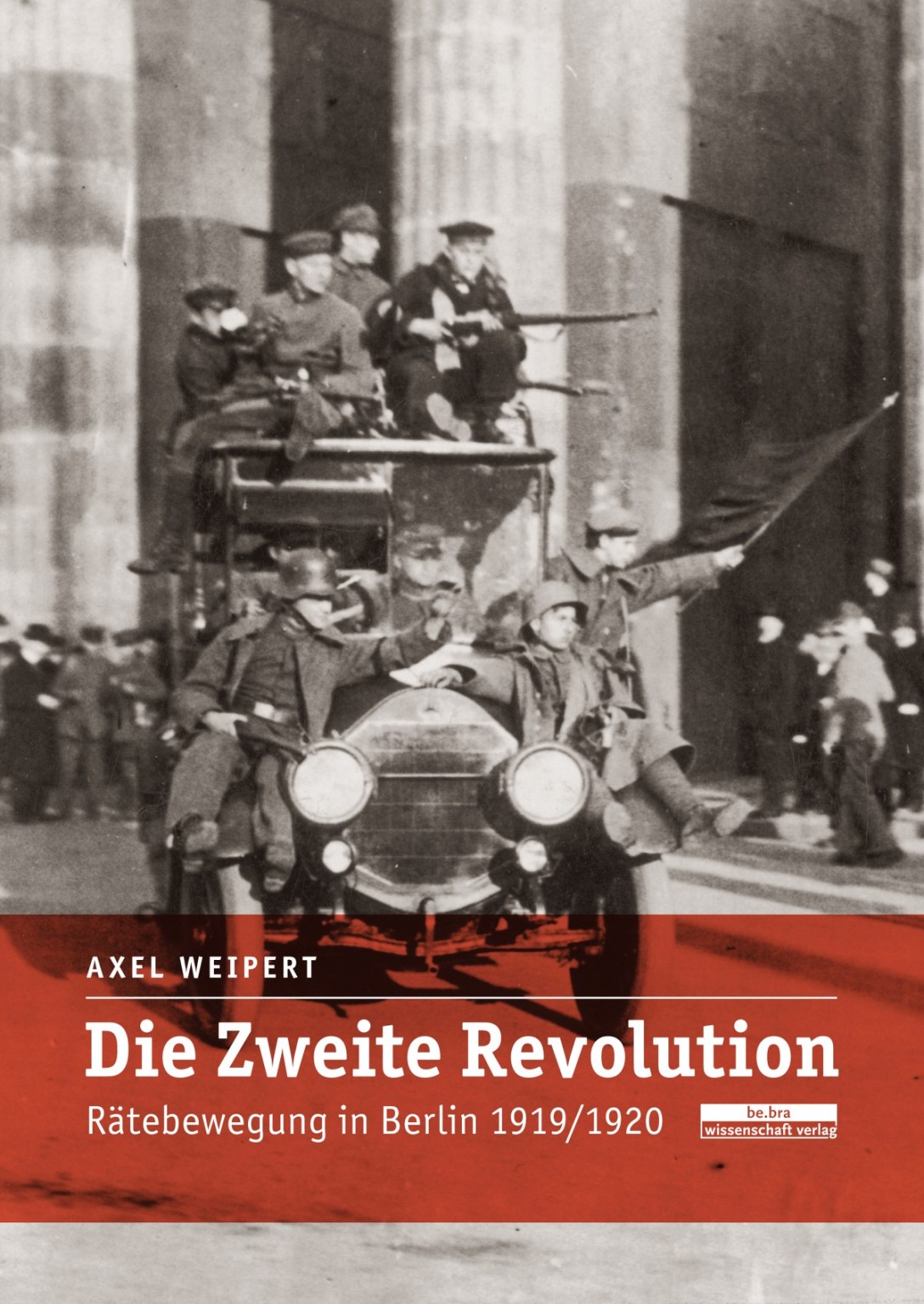A Book Review by Ph. Bourrinet
The history of the council movement seemed a long outdated history after a myriad of studies in the 1960s and 1970s in both parts of Germany, often under very clear ideological banners: democracy versus dictatorship. After a long historiographical slumber on revolutionary events in Germany; after the so-called “collapse of communism”, important studies on the council movement emerged in 2013 with a volume devoted to the Hamburg Workers’ and Soldiers’ Council. (1) Axel Weipert’s study, published in Berlin in 2015, is a very notable contribution to the new historiography after the downfall of the (Berlin) wall, this time devoted to the “second revolution”, the second phase of the council movement after the January 1919 workers’ defeat in Berlin. (2)
Continue reading “Axel Weipert: The Second Revolution. The Council Movement in Berlin 1919-1920”

